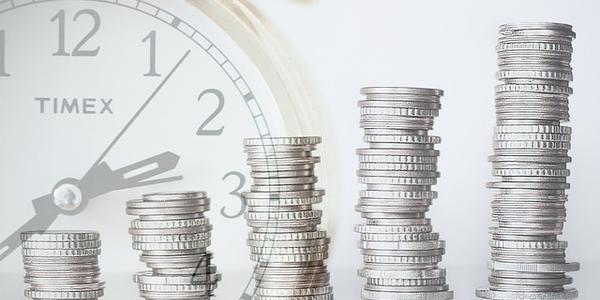Investigation Reveals Widespread Wash Trading on Prediction Market Polymarket
Wash trading, a form of market manipulation that is illegal in traditional finance, has been found to be rampant on prediction market Polymarket. According to analyses by blockchain sleuthing firms, approximately one-third of the trading volume and overall users on the presidential market alone were likely involved in wash trading, with similar trends observed across all markets.
This phenomenon, also known as "airdrop farming," is not new to the cryptocurrency space but has been a persistent issue on Polymarket. The platform allows users to buy and sell shares of various assets, including the outcome of upcoming events like elections. However, some users have been exploiting this system by creating multiple accounts and trading with themselves to inflate their own positions.
The Fortune article that broke this story also suggested that these alleged wash trades may not be motivated by a desire to manipulate election outcomes but rather by the prospect of receiving tokens from Polymarket. The platform is reportedly considering issuing its own token, which would require users to have an active trading history on the platform. By engaging in wash trading, some users may be trying to become eligible for these token giveaways.
Polymarket’s Response
In response to the allegations, a Polymarket spokesperson emphasized that the company makes all transactions on its platform transparent and publicly available, including to researchers. The terms of service explicitly prohibit market manipulation, and the company is not aware of any instances where users have been banned for engaging in wash trading.
The spokesperson also noted that a single trader taking positions on both sides of a market is not inherently problematic and is not unique to Polymarket. However, they acknowledged that this practice can give a false impression of untainted demand and pricing for assets, which is why it is banned in traditional finance.
Airdrop Farming: The Most Plausible Driver of Wash Trading
Prominent crypto investor Nic Carter suggested on X (formerly Twitter) that airdrop farming would be the most plausible driver of any such activity. He noted that this practice involves users creating multiple accounts and trading with themselves to become eligible for token giveaways.
Carter’s observation is supported by the fact that Polymarket does not currently charge trading fees, which would inhibit repeated buying and selling. This lack of a fee structure may be contributing to the prevalence of wash trading on the platform.
Veteran Trader Weighs In
Flip Pidot, a veteran prediction market trader who has tracked activity on Polymarketclosely, expressed skepticism about the Fortune article’s central claim. While he acknowledged that it would be difficult to evaluate the research without seeing the underlying data, he took issue with the article’s characterization of Polymarket’s volume calculation as an "anomaly."
Pidot explained that volume in prediction markets is typically quoted in terms of notional value (i.e., payout value), which is what Polymarket is doing. If a user buys a $1 payout position for $0.01 and someone buys the other side at $0.99, that’s still $1 of notional volume.
The Earlier Narrative: The "Whale" Trader
This latest narrative about wash trading on Polymarket is different from the one that made mainstream headlines a week or so ago. That earlier story involved allegations of a single "whale" trader trying to drive up Donald Trump’s odds of winning the presidency on the platform, possibly to influence voter turnout or give Trump a pretext to dispute election results if he loses.
While Polymarket confirmed that a handful of accounts with large bullish positions on Trump were controlled by the same French national, market watchers said the whale’s trading patterns suggested they were buying shares strategically rather than trying to inflate the price.
Conclusion
The investigation into wash trading on Polymarket has revealed widespread manipulation of the platform. While the motivations behind this activity may not be entirely clear, it is evident that users are exploiting the system for personal gain. The prevalence of airdrop farming on the platform raises questions about the legitimacy of token giveaways and the incentives created by these programs.
As the cryptocurrency space continues to evolve, it is essential to address issues like wash trading and ensure that platforms like Polymarket prioritize transparency and fair market practices.

